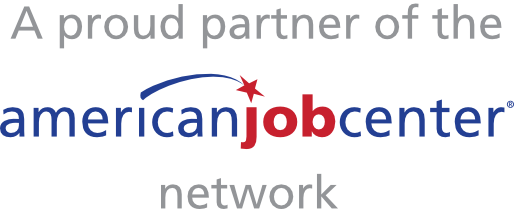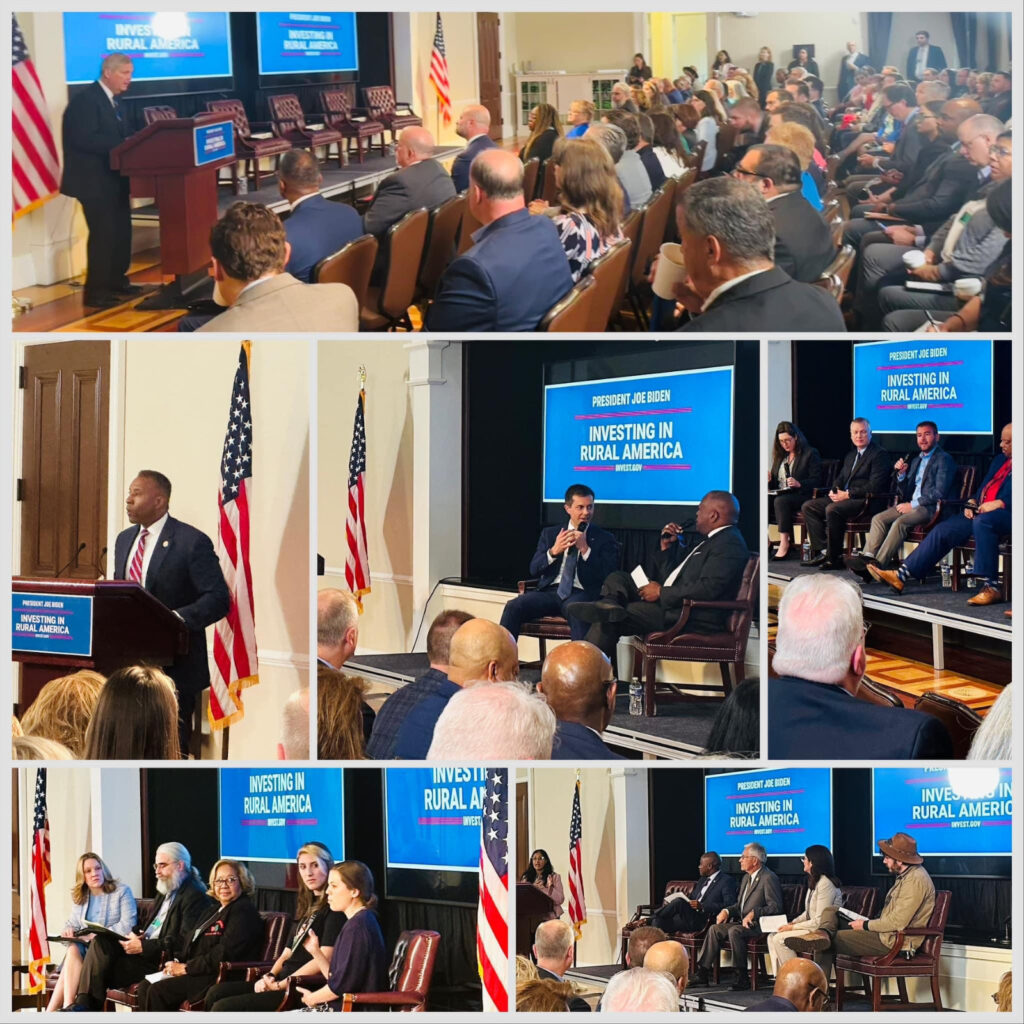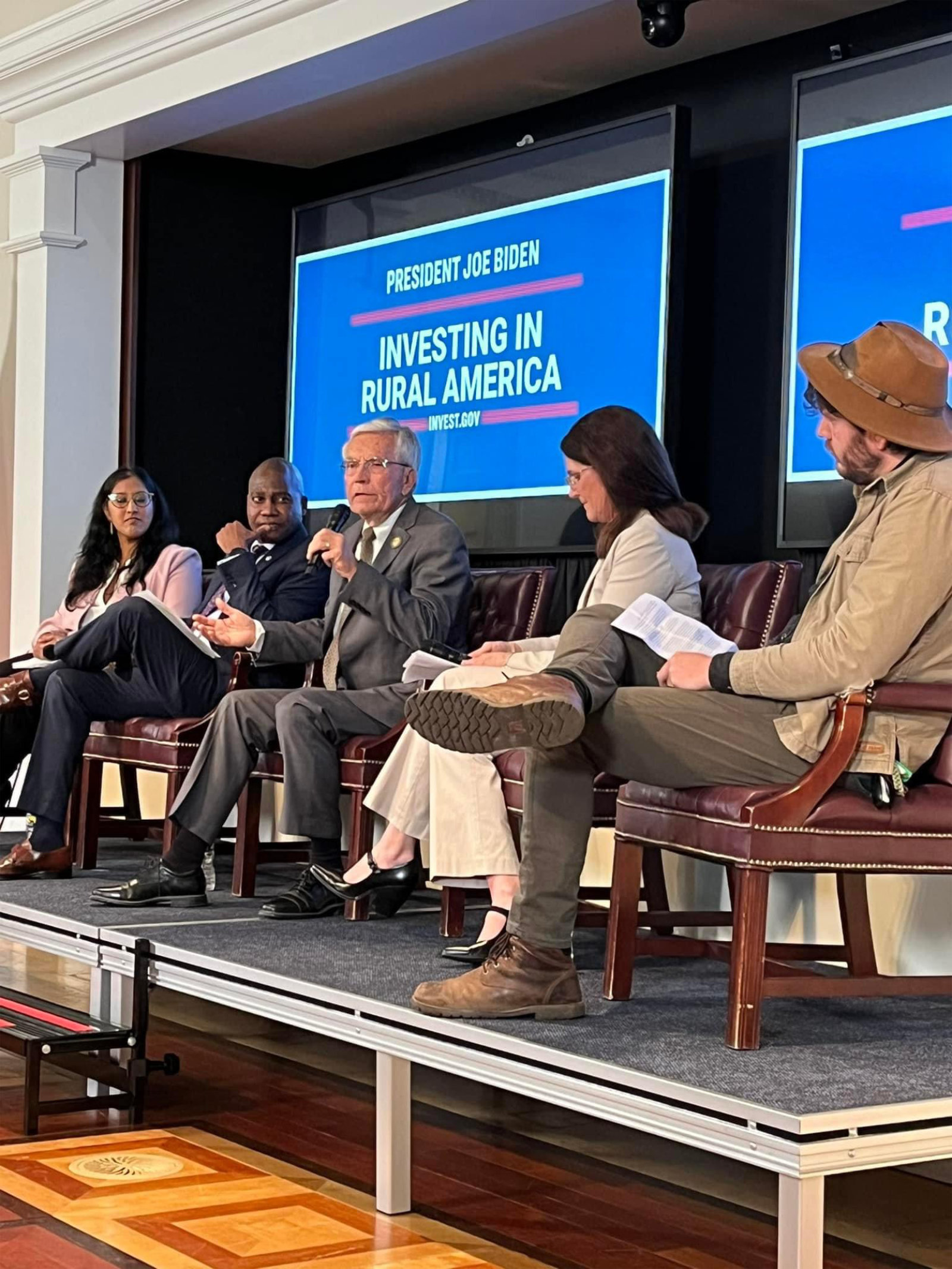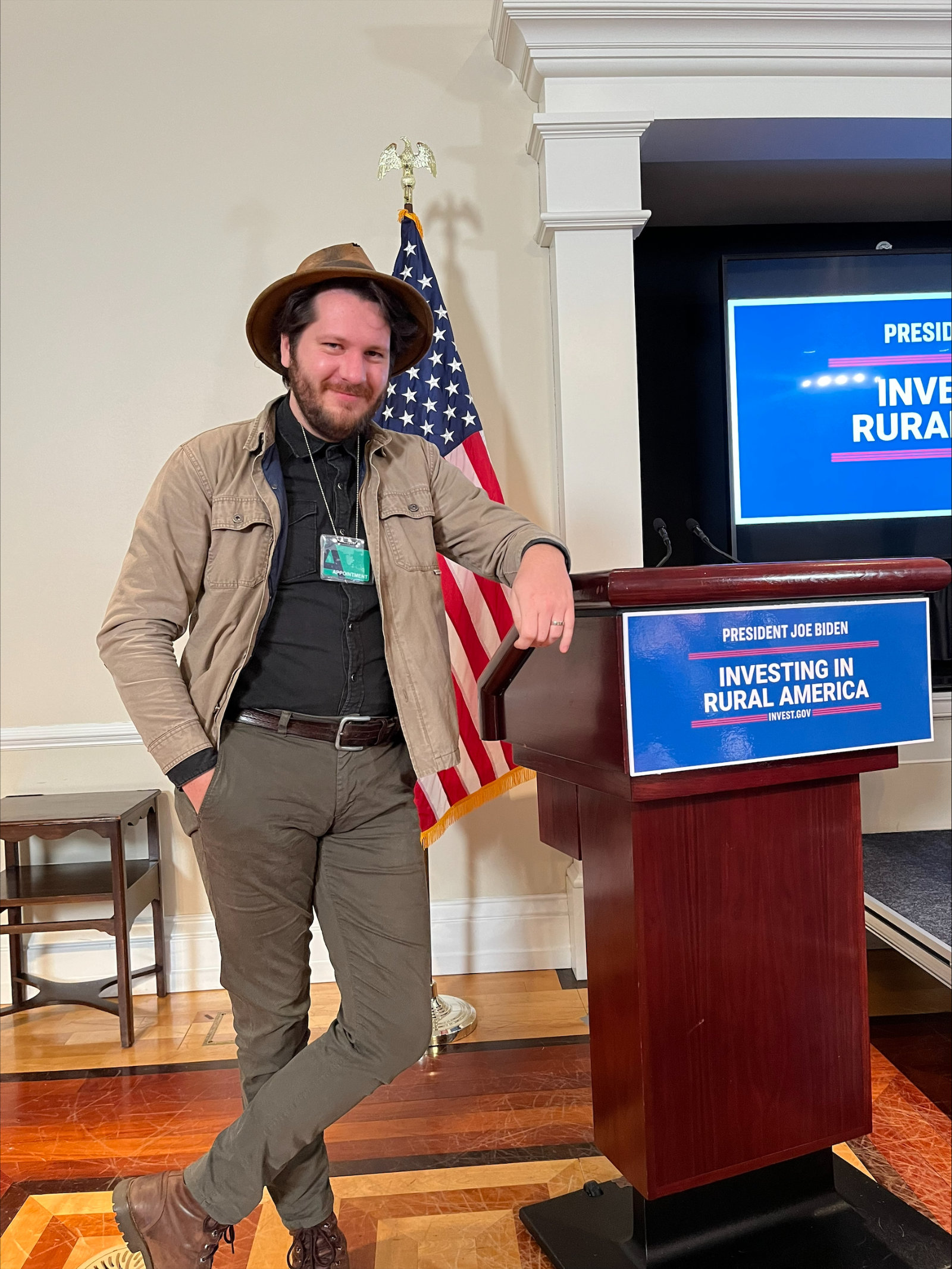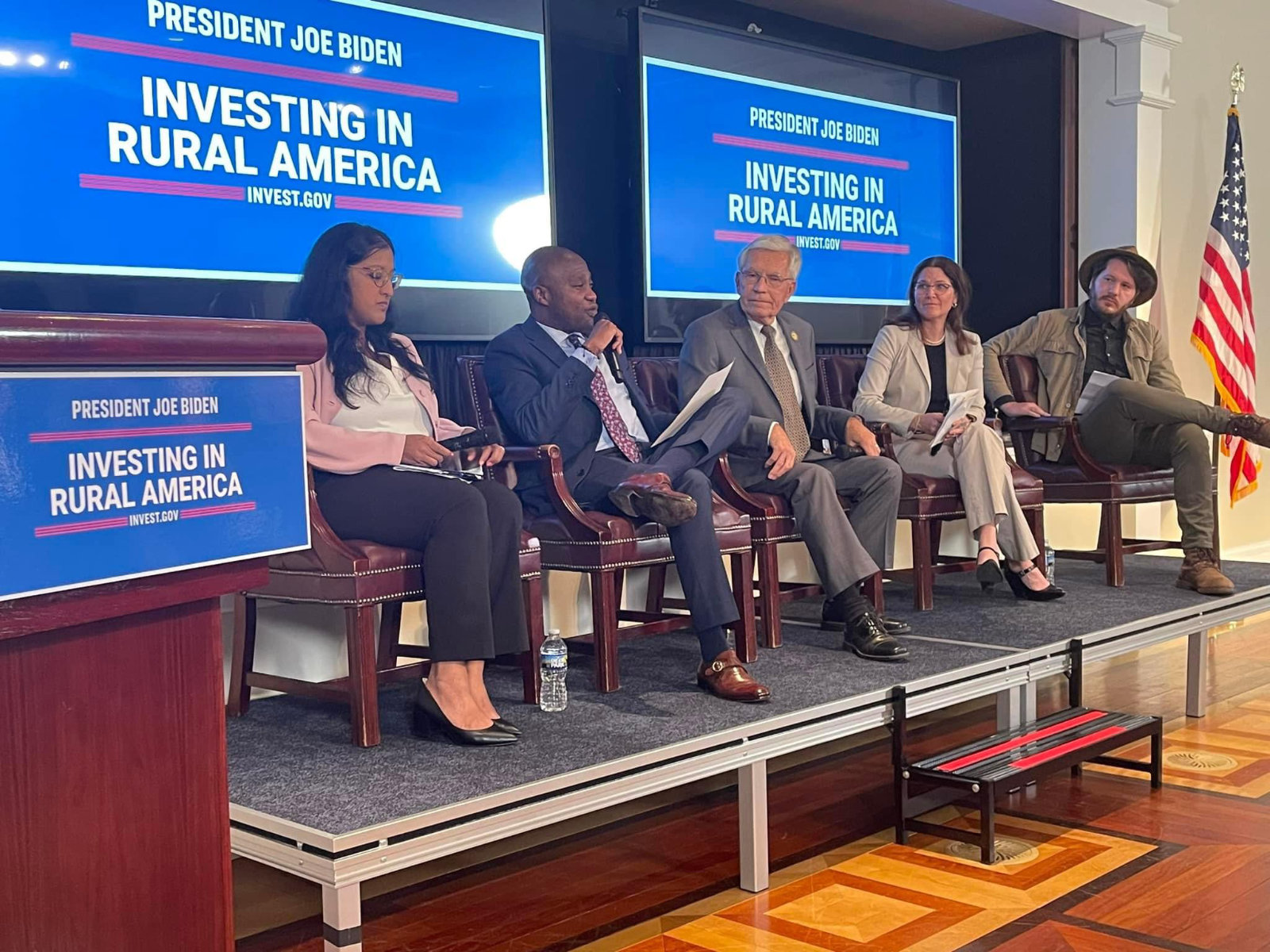Hello,
My name is Jacob Hannah, I am 5th generation West Virginian, with 3 generations of coal miners in my family. And I’d like to share with you what I’ve seen in rural Appalachia:
I’ve seen my dad laid off from the mines when they shut down.
I’ve seen the labor participation rate drop well below national average.
I’ve seen the decay of once-beautiful communities.
I’ve seen my home burn to the ground because of a lack of civic infrastructure.
I’ve seen my friends succumb to the opioid epidemic.
I’ve read the numbers of my city in the headlines: “highest exodus rate, highest overdose rate, highest joblessness rate.”
I’ve also seen glimmers of hope in the past. We’ve heard a lot today about once-in-a-generation investments that come along. My Papaw’s (Appalachian for “Grandfather”) family once found employment opportunities through FDR’s Civilian Conservation Corps program through the New Deal, and then my Dad found employment through LBJ’s invest into Appalachia through the War on Poverty. Those were each great “Once-in-a-generation” funding initiatives, but that funding struggled to keep the dollars in the region because of the lack of investment into local capacity. Funding is fantastic, but capacity makes it sustainable.
Here, now, I find myself in the next once-in-a-generation season of investment into Appalachia. NO PRESSURE! Make it work and don’t repeat the mistakes from the previous generations.
With these same eyes that grew up witnessing death in slow motion; today, I can tell you that:
I’ve now seen my hands flip the switch on the largest nonprofit solar array in the state of West Virginia – built by local, coal-impact people in good, local Union-paying jobs.
I’ve seen our workforce development model remove barriers to employment for 800 Appalachians, many of whom are emerging from recovery and into the workforce.
Where I once saw a struggling mono-economy of coal being the only employer in town, I’ve seen our model incubate and stand up 72 new social enterprises in sustainable and diverse sectors.
I’ve seen 3,000 Appalachians trained in new sectors like sustainable light manufacturing, agriculture, carpentry, upcycling, renewable energy, and even coal mine land reclamation and restoration.
I’ve seen us answer the call and build real and local capacity.
And now, we’re ready.
We have built a coalition that’s bigger than just us: The Appalachian Climate Technologies Coalition – over 50 West Virginian cities, businesses, universities, nonprofits, a patchwork quilt of capacity that pulled down $62 mil through this administration’s Build Back better Regional Communities Challenge grant, and an additional $22 mil through private matching funds, multiply the impact we can have like never before! This will create:
- 6,000 new well-paying jobs
- 380 businesses created or expanded
- Hundreds of thousands of sq ft of abandoned buildings revitalized in coal communities
But we still have so much work to do. In order to attain parity with the national average, we need to create and fill 118,267 new jobs in southern West Virginia alone.
That’s why ain’t stopping now. Our ACT Now Coalition is continuing to work with the Interagency Working Group to:
- Work with the DOE to pull down $129 mil grant to install 250 Megawatts of solar on top of former coal mine lands in WV to create 400 regional jobs.
- And create a “Green” Bank with $500 mil through the Greenhouse Gas Reduction Fund to perpetuate sustainable initiatives in the region beyond the life of these grants.
This is totaling over $800 mil that has been leveraged for some of our most hard-hit Appalachian communities.
And why is this different than the previous once-in-a-generations of funding? Well, here’s what that money ain’t:
It ain’t just throwing money at the problem, it’s holistically placing power directly into local people’s hands to manifest tangible, long-lasting solutions in their communities.
It ain’t just political talk either, it’s about creating REAL jobs in REAL places that need them REAL bad, with resources that serve us the best.
It ain’t about pitting coal miners against solar installers, I’ll always be proud of my family’s legacy to help power the nation, and I count myself as the next evolution in that long birthright – the mines may have shut down before I could enter them, but coal is just sunlight trapped in the earth for a billion years, so I can bypass the middleman of a billion years and still mine the sun today instead.
And lastly, it ain’t the last time that you’ll hear about this good work in Appalachia. We are transforming ourselves from an extraction zone of injustice, to an exporter of hope. Thank you for believing in Appalachia as we learn again to believe in ourselves. Let’s continue to get the work done. Thank you.

